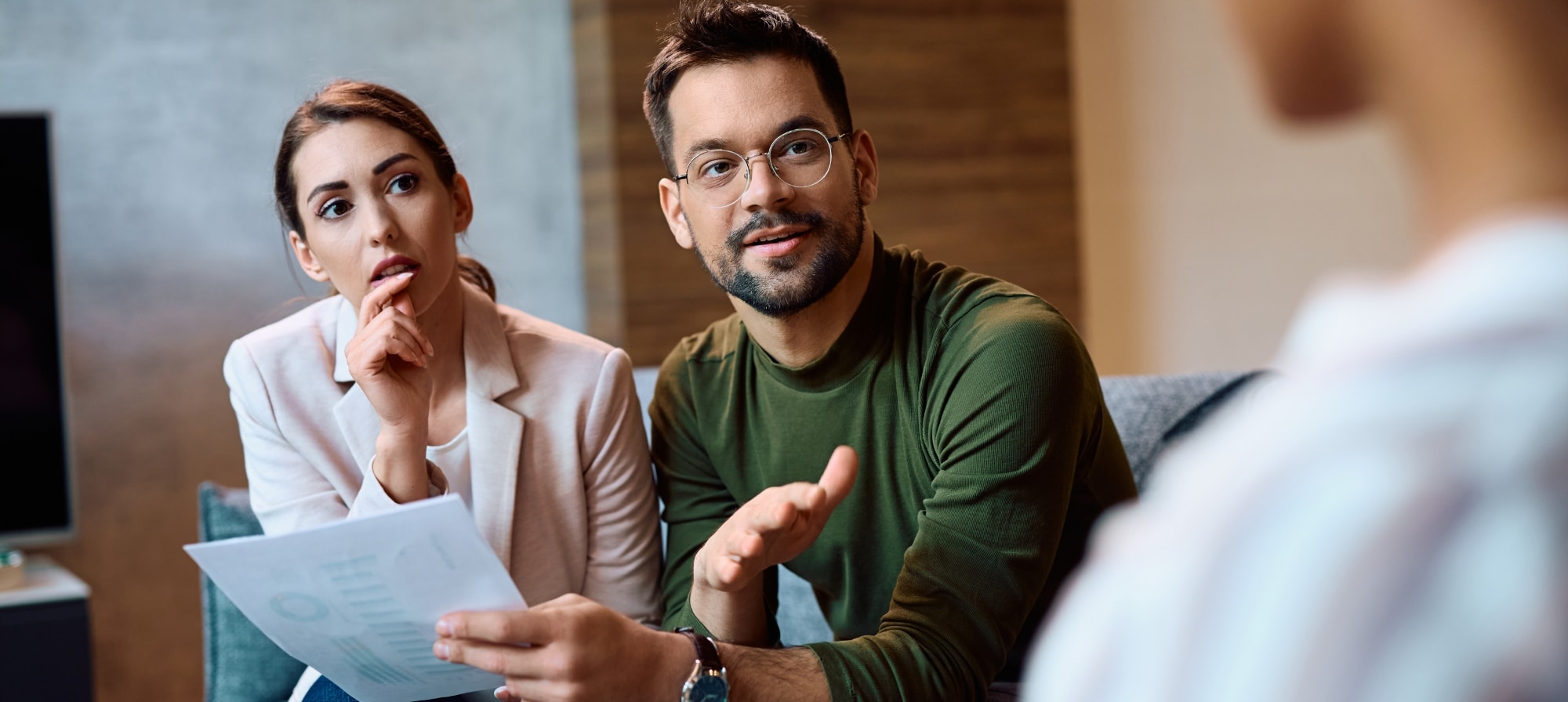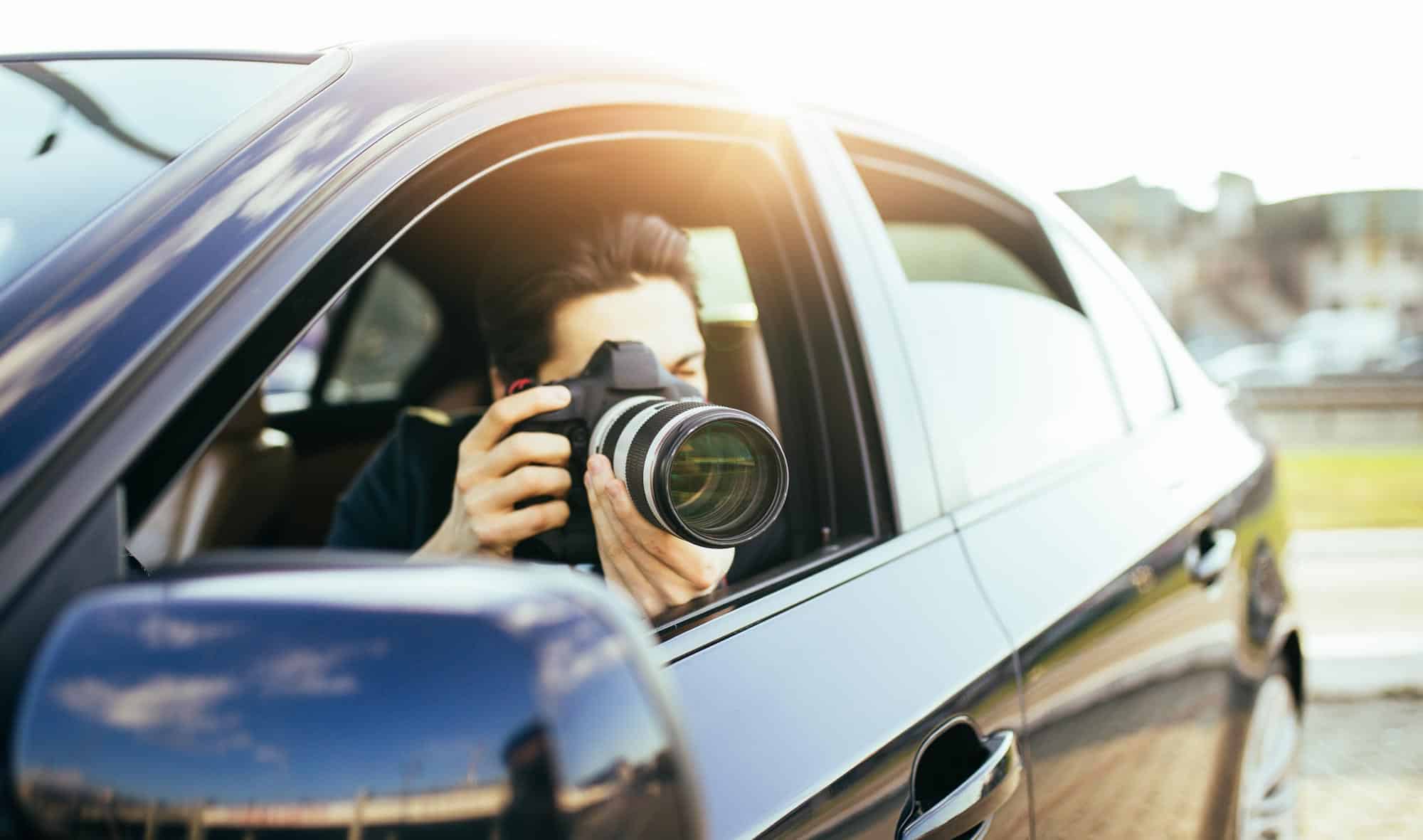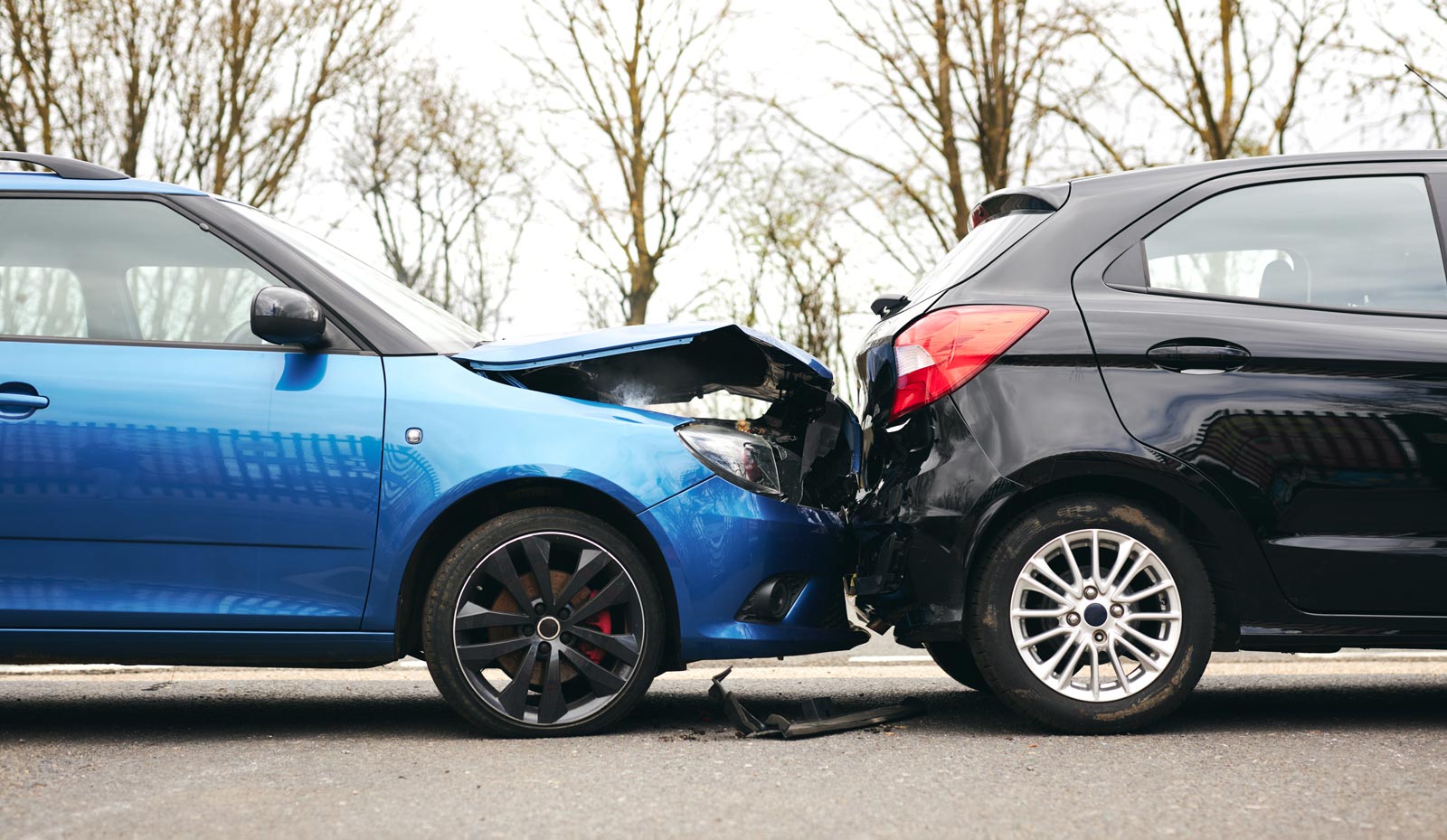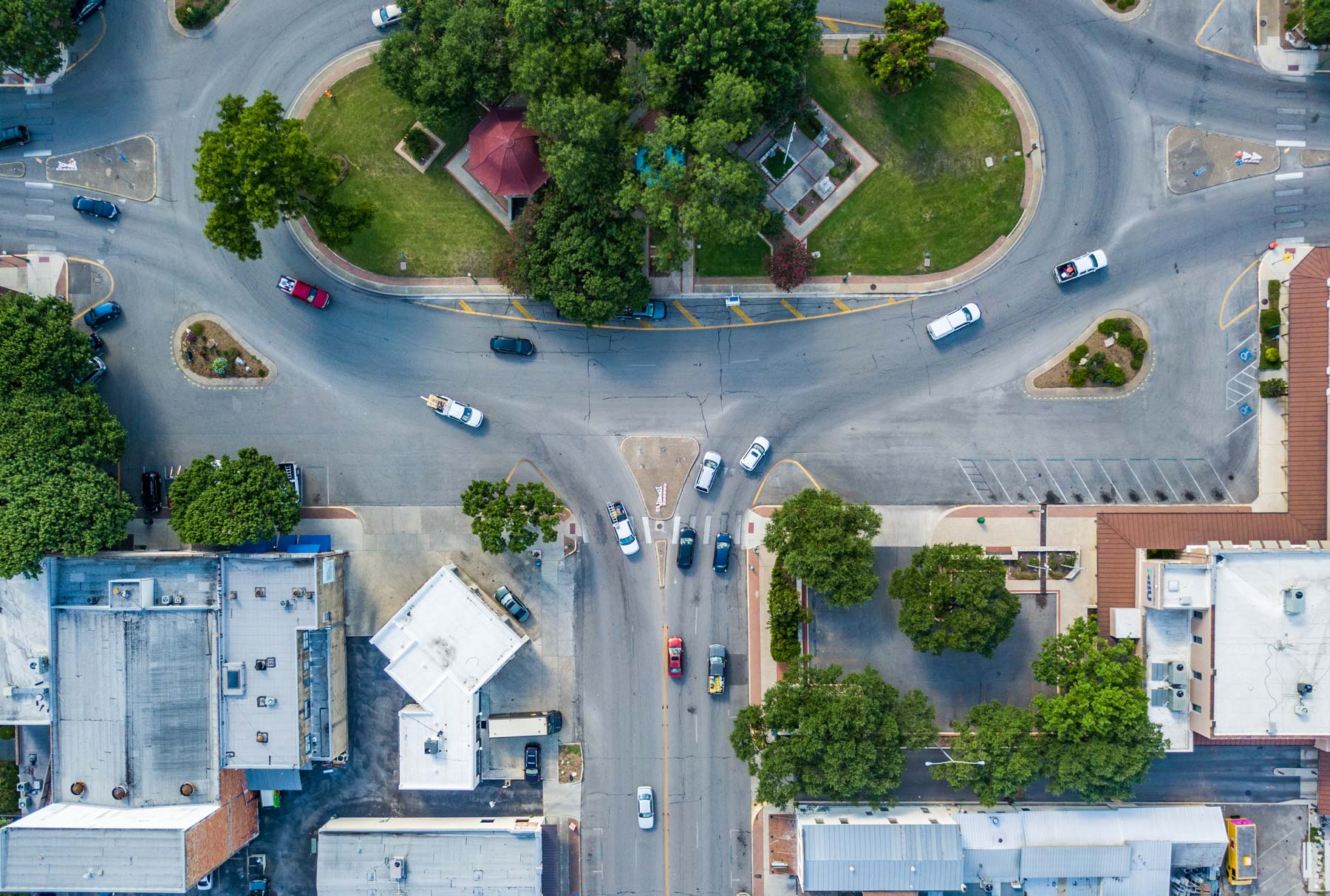Drunk driving increases significantly during the holidays. Despite the threat of legal and financial penalties (not to mention injury or even death), too many people get behind the wheel while intoxicated this time of year. Sadly, this leads to a 40% increase in drunk driving deaths between Thanksgiving Day and New Year’s Day every year.
In this article, Crosley Law discusses simple ways you can keep your loved ones safe—and what you should do if a drunk driver changes your holiday plans.
Protect Yourself With Defensive Driving
Unfortunately, no amount of safety tips can guarantee that a drunk driver won’t hit you, and those are the times when a lawyer’s help is invaluable.
However, defensive driving can reduce the odds of being hit by a drunk driver, and minimize the damage when the worst happens. Observe these defensive driving tips when you’re on the roadways this holiday season:
Ensure Everyone in the Car Is Buckled Up
Everyone in a moving vehicle should wear a seat belt; the NHTSA (National Highway Traffic Safety Administration) considers them one of the best defenses against drunk drivers. According to the NHTSA, seat belt use can reduce an adult’s chance of fatal injury by as much as 60% and moderate-to-critical injury by as much as 65%.
Avoid Driving During the Riskiest Hours and Days
As you make travel plans, opt for mornings and try to finish traveling before festivities begin – typically in the mid-afternoon and evening.
The night before Thanksgiving, Christmas Eve, and New Year’s Eve are big party nights, and you’re likely going to share the road with more drunk drivers than usual at those times. Late at night (any day of the year) is another risky time to be on the road, especially in the wee morning hours, after the bars close.
Notice Other Drivers’ Behavior
If you see another driver showing signs of impairment, call 911 to report your concern. Behavior that may indicate the driver is intoxicated includes:
- Speeding or driving very slowly
- Excessive braking
- Ignoring traffic lights, signs, and other signals
- Driving on the wrong side of the road or non-roadways
- Swerving or straddling two lanes
- Sudden or wide turns
- Use of an alcoholic beverage in the car
Keep a Safe Distance Away From Other Vehicles
In Texas, you must maintain a reasonable stopping distance at all times. However, this is especially true during the holidays. If another driver is intoxicated, their reaction time may be slower than usual, and the distance will give you time to stay out of their way and avoid a crash.
Use Caution at Intersections
Drunk drivers are prone to running stop signs and traffic lights, making intersections especially dangerous.
Approach intersections with caution, looking both ways even when opposing or oncoming traffic is supposed to stop. If another vehicle seems like it’s going too fast to stop, yield to it.
RELATED: Hit by a Drunk Driver? You May Be Able to Pursue Punitive Damages
Support Sober Driving Even When You’re Off the Road
You can promote safer roads this holiday season. Demonstrating these habits can encourage others to drive more safely.
Be a Designated Driver
Offer to drive for friends who have been drinking and abstain from alcohol the entire time you’re out together.
Be a Mindful Host
Provide food and non-alcoholic options for your guests—and do not encourage overdrinking. If anyone is drunk at the end of the night, insist that they spend the night or arrange safe transportation for them.
Talk With Your Kids
During the holidays, encourage your older children’s safe driving habits. Emphasize that you will pick them up, no questions asked, if they cannot drive home safely—or offer to pay for their cab or rideshare.
Additionally, you should never provide alcohol to minors. First, it’s against the law. Second, if a young person drinks at your home and gets behind the wheel, you may become liable for a victim’s injuries under Texas law.
Respect Police Checkpoints
Police sometimes set up checkpoints when they expect more drunk drivers to be on the road. Participate in and respect these checkpoints, and don’t share their location with others. If people know they can avoid the checkpoint, it becomes useless.
RELATED: Crosley Law Settles Six-Figure Claim After Drunk Driving Crash
What Should I Do After a Drunk Driving Crash?
After a drunk driver causes a crash, you need to act quickly. Once you and your loved ones are out of harm’s way, call 911. Explain to the dispatcher that you believe the other driver is intoxicated and request an ambulance if anyone was seriously injured.
Because drunk drivers may act erratically, you may want to stay in your car and lock the doors. You should also write down the drunk driver’s license plate number and the vehicle’s make and model—in case they decide to leave the scene.
“defensive driving can reduce the odds of being hit by a drunk driver, and minimize the damage when the worst happens.”
When the police arrive at the scene, provide them with details about the crash, the driver’s behavior, and your reasons to suspect drunk driving. The officers should then assess the other driver and may arrest them for a suspected DUI.
However, you need to understand that a DUI charge won’t compensate you for your injuries—and a prosecutor will never file a personal injury lawsuit on your behalf. If you need help covering your medical bills, lost income, and other damages, you’ll need to file an insurance claim or lawsuit with help from an experienced injury lawyer.
Contact Crosley Law if You’ve Been the Victim of Drunk Driving
Everyone deserves to be safe while using the roadways, and a responsible driver will respect that by driving sober. Unfortunately, the holidays are a time when more people than usual get behind the wheel after having too much to drink, and all too often, innocent people pay the price.
If you or a loved one have been the victim of an alcohol-related traffic crash, you may be eligible for compensation and punitive damages. At Crosley Law, we fight for our clients and give them the attention they deserve. Contact us at 210-LAW-3000 | 210-529-3000 or through our simple online form today for your free consultation.
References
Seat belts (n.d.) National Highway Traffic Safety Administration. Retrieved from https://www.nhtsa.gov/risky-driving/seat-belts
The content provided here is for informational purposes only and should not be construed as legal advice on any subject.









